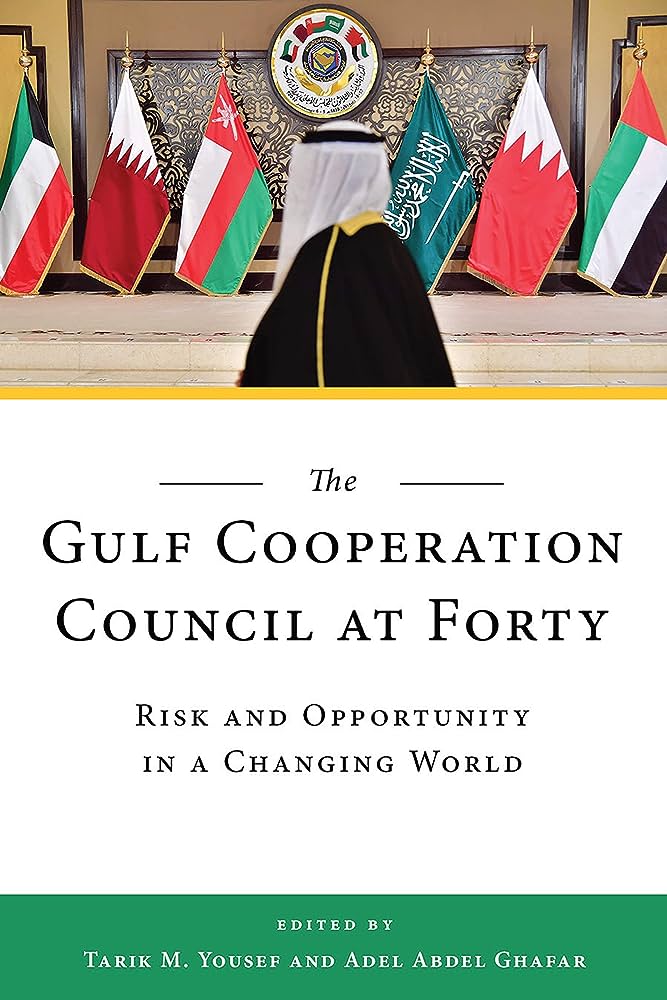The Gulf Cooperation Council at Forty: Risk and Opportunity in a Changing World Edited by Tarik M. Yousef and Adel Abdel Ghafar
$ 75.00
All of the GCC countries-Bahrain, Kuwait, Oman, Qatar, Saudi Arabia, and the United Arab Emirates-are undergoing historic socio-economic transitions. They are facing enormous strains on public finances and challenging economic outlooks, due to fluctuating oil prices, demographic pressures, high unemployment rates, and a lack of economic diversification. These countries also are likely to feel the rising impact of climate change, and global policies to deal with it, over the coming decades. In addition, seemingly unstoppable shifts in the long-standing international order, notably the rise of China and uncertainties about U.S. leadership, have potentially serious implications for the Middle East and beyond. This by noted scholars and experts considers the key trends shaping Gulf Cooperation Council (GCC) countries--Bahrain, Kuwait, Oman, Qatar, Saudi Arabia, and the United Arab Emirate-- ranging from the COVID-19 pandemic, to climate change, economic disruptions, demographics and other domestic concerns, and shifts in the global order. The book's chapters address such questions as: How will global megatrends impact the GCC? How can GCC states adjust and diversify their economies to meet the dual challenges of fluctuating oil prices and climate change? How can these states adjust their labor markets to absorb and support women and youth? How will inter GCC disagreements impact the region moving forward? And how will GCC relations with international actors shift in the coming years? This timely book, with its comprehensive analyses and policy recommendations, will be of interest to a wide range of readers interested in the GCC region, including policymakers, academics, and researchers at think tanks and nongovernmental organizations.
Tarik M. Yousef was a nonresident senior fellow in the Foreign Policy program at Brookings, and was director of the Brookings Doha Center. His professional career has spanned the academic world at Georgetown University and the Harvard Kennedy School; the public policy arena at the IMF, the World Bank, and the U.N.; and more recently the NGO space at Silatech. He has served on the advisory boards of development organizations and boards of directors of financial institutions Adel Abdel Ghafar was a nonresident fellow in the Foreign Policy program at Brookings, and was a fellow at the Brookings Doha Center, where he was previously acting director of research. He is also an adjunct professor at Georgetown University's School of Foreign Service in Qatar. He specializes in political economy and his research interests include state-society relations, socio-economic development and foreign policy in the MENA region.
Year: 2023
Paperback






Share this item: